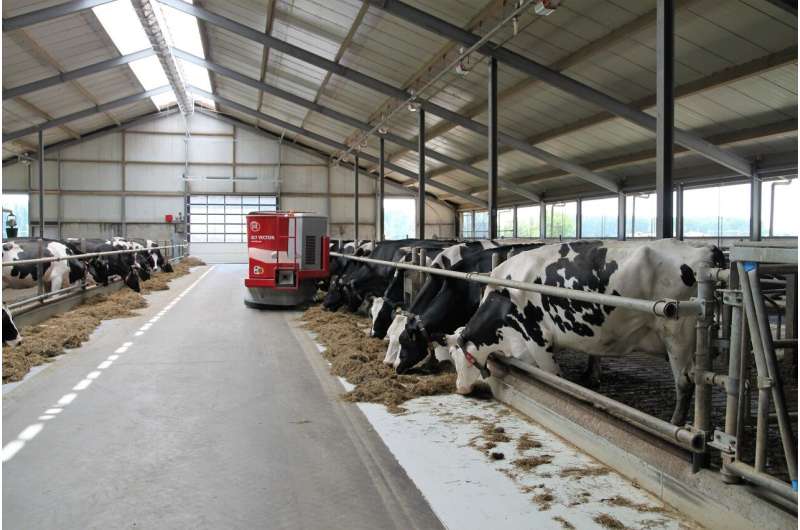Innovative Recommendations Aim to Enhance Neonatology Staffing for Better Patient and Workforce Outcomes

A collaborative group of experts has developed consensus recommendations to improve staffing models in neonatology, aiming to enhance patient safety and workforce sustainability. Published in *Pediatrics*, these guidelines offer a practical framework for reforming neonatal care staffing practices.
Staffing concerns in neonatology are increasingly impacting patient safety, healthcare provider well-being, and the long-term sustainability of the workforce. Recognizing the urgency to reform current staffing models, a collaborative group of experts has developed a set of consensus recommendations designed to optimize staffing practices in the field of neonatology. These recommendations, formulated through a rigorous Delphi process involving 24 core guidelines, have been published in the journal Pediatrics.
The initiative's origins trace back to a resolution presented at the American Academy of Pediatrics (AAP) Leadership Conference, which prioritized sustainable staffing solutions for pediatric physicians and their teams. The resolution advocates for creating research and educational repositories, fostering ongoing advocacy, promoting flexible scheduling, and enhancing transparency in staffing practices to attract and retain qualified professionals.
The Improving Neonatology Staffing (INS) project aims to establish standards that ensure safe, high-quality patient care while also supporting the well-being and professional satisfaction of neonatologists. The group initially identified 60 potential recommendations from existing literature and previous studies, but only those with over 80% consensus—ultimately 51 statements—were incorporated into the final 24 recommendations.
Addressing a critical need, the team emphasizes that reforms in neonatology staffing are both overdue and essential for improving patient outcomes and workforce stability. They plan to publish a comprehensive toolkit later this year, which will include these recommendations and practical guidance on implementation, helping healthcare facilities customize and adopt improved staffing models.
"Reforming staffing practices in neonatology is vital for safeguarding patient health and supporting healthcare providers," stated Dr. Milenka Cuevas Guaman, the lead researcher and associate professor at Baylor College of Medicine. "This initiative is about transforming how we structure work to ensure a sustainable, effective, and humane environment for all involved."
This effort reflects a broader recognition across various healthcare sectors of the importance of safe shift lengths and adaptive work models to mitigate safety risks and promote workforce resilience. The proposed toolkit aims to serve as a valuable resource for local healthcare leaders committed to advancing these standards in neonatology.
For more detailed findings, refer to the publication: Milenka Cuevas Guaman et al., Consensus Recommendations for Sustainable and Equitable Neonatology Staffing: A Delphi Approach, Pediatrics (2025).
Stay Updated with Mia's Feed
Get the latest health & wellness insights delivered straight to your inbox.
Related Articles
High Social Infrastructure Contributes to Healthier Communities, Study Shows
A new study from the University of Kansas reveals that high levels of social, cultural, and human capital in communities are linked to better health outcomes, emphasizing the importance of social infrastructure in public health.
Next-Generation Animal Vaccines as Precautionary Tools Before Disease Outbreaks
Discover how innovative mRNA animal vaccines are revolutionizing biosecurity, offering rapid and safe protection against zoonotic diseases like foot-and-mouth disease to safeguard livestock industries.



